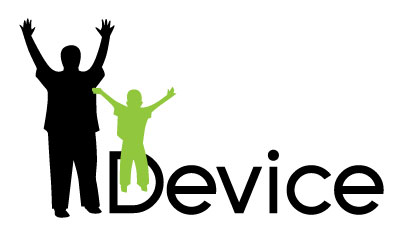DEVICE
Design for Vulnerable generatIons:
Children and ELderly
The DEVICE project aspired to bridge traditional industrial design programs with ergonomics, usability concepts and user experience approaches with a specific focus on vulnerable generations.
It intended to address the need to modernize and develop educational programs with a specific focus on vulnerable generations and ultimately being a milestone towards the modernization of design education.
Something to Know About DEVICE
CALL
Lifelong Learning Programme, ERASMUS cooperation between HEI (Higher Education Institution) and Enterprises.
DURATION
07/2012 – 03/2015
OBJECTIVES
The specific objectives of the DEVICE project were:
- To analyse and study the current status of research and innovative practices on design for vulnerable generations and methodologies for involving children and elderly in product design;
- To perform pilot educational programmes on design for vulnerable generations;
- Multiply impact through a vulnerable generation compliant award and a searchable database accessible online aimed at easing knowledge management;
- Analyse transferability of results obtained towards and from different target groups (e.g. disabled people) and different geographic contexts (e.g. USA and other developed countries);
- Identify sustainability pathways aimed at fostering university-enterprise collaboration on concrete design and innovation projects.
ICOOR ROLE AND MEMBERS
ICOOR Role: Within DEVICE, ICOOR, being the project manager , coordinated the work packages, particularly through the monitoring of pilots, compiling all the WP deliverables with the support of all the partners. It was also responsible for the organization of an educational programme pilot in Italy. Besides these managing tasks, ICOOR contributed to:
- the definition and the description of good practices on design for vulnerable generations;
- the identification and the address of actors for the training needs analysis;
- the selection of practices and project works for the award and to all related organizational duties;
- the performance of the transferability analysis;
- the population of the food practices database;
- the definition of the exploitation, dissemination and communication plan;
- the organization of the final event.
ICOOR Members: University of Modena and Reggio Emilia.

The contents of this publication are the sole responsibility of ICOOR and do not necessarily reflect the opinion of the European Union.

